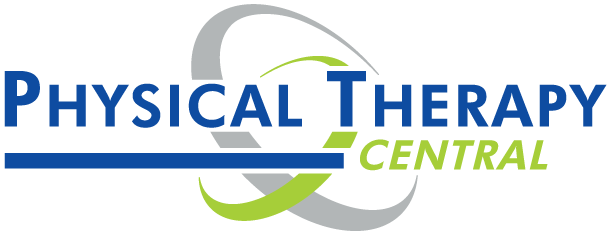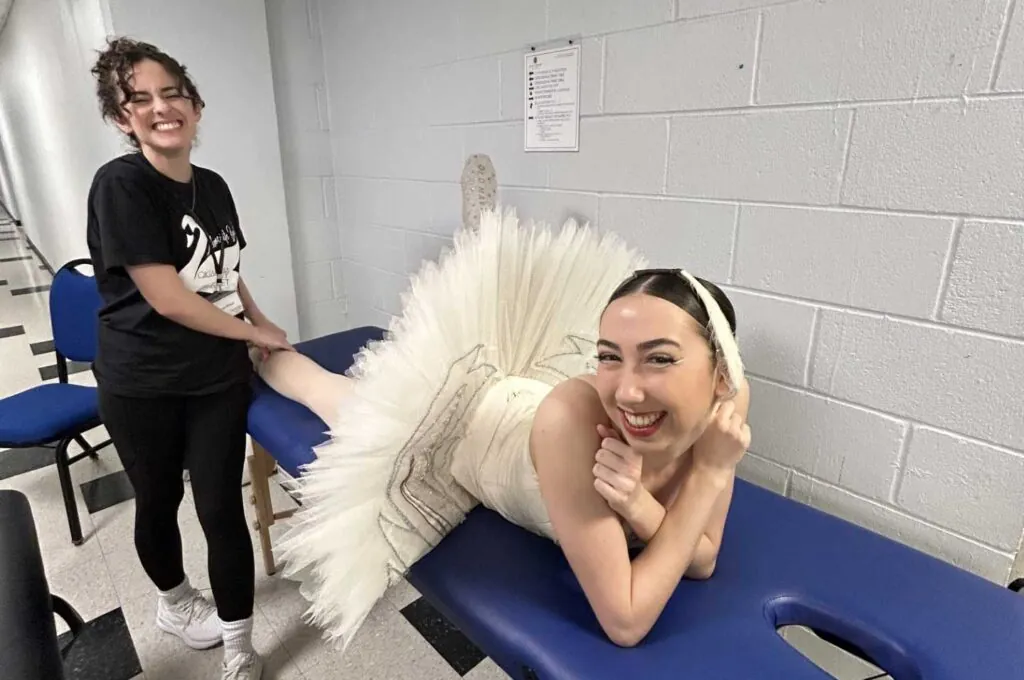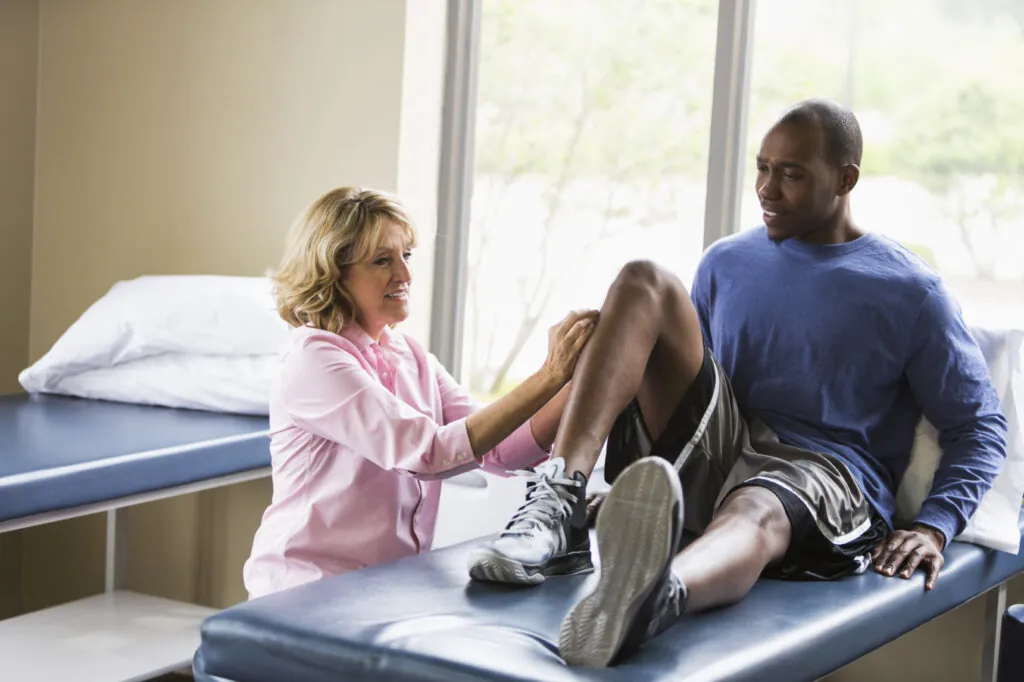Smartphones, laptops, and gaming consoles have become fixtures in teen life, but at a cost that’s showing up in their posture and long-term spinal health. Dr. Cate Wright, PT, DPT, OCS, Clinic Director at Physical Therapy Central’s Nichols Hills location, recently spoke with Newsweek about the growing problem of “tech neck” and how it can be prevented.
Why Tech Neck Is on the Rise
Kids are getting their first devices earlier than ever. More than 30% receive a smartphone by ages 12 to 13, and one in five by just nine years old. Many use them for hours of gaming, streaming, or scrolling, often without breaks. A 2023 study found that 4 in 10 e-sports players report regular pain, most often in the neck, with marathon gaming sessions of 3–5+ hours and using games to escape stress among the biggest contributors.
Add to that the fact that 92% of U.S. teens aged 15–17 have access to a desktop or laptop at home, and it’s no surprise more young spines are under strain.
What Tech Neck Looks Like
“Tech neck is pain and/or stiffness of the neck and upper back related to sustained poor posture,” Cate explained in the article. “The posture can be described as excessive forward bend of the neck (forward head), rounded shoulders, and increased rounding of the upper back (thoracic spine).”
According to Cate, looking at screens below eye level and prolonged sitting without breaks—whether in class, gaming, or on social media—are major contributors. “People may feel soreness in the neck and upper back, most likely after prolonged use of a cell phone, tablet, or laptop computer,” she said. “They may have difficulty getting into upright posture or even experience reversal of the cervical spine.”
Why Early Intervention Matters
While tech neck can cause pain, stiffness, and postural changes now, the long-term effects can be more serious, potentially impacting spinal alignment and mobility later in life. The good news, Cate emphasizes, is that these problems are preventable, and reversible, with early awareness and action.
Prevention Tips for Parents and Teens
- Raise the screen to eye level to reduce forward head posture.
- Take frequent breaks. Every 30 minutes, stand up and stretch.
- Strengthen postural muscles with targeted exercises prescribed by a physical therapist.
- Limit marathon gaming or scrolling sessions, especially without movement breaks.
- Encourage outdoor activity and hobbies that promote movement.
Ready to break free from tech neck? Find a Physical Therapy Central clinic near you to get started.




